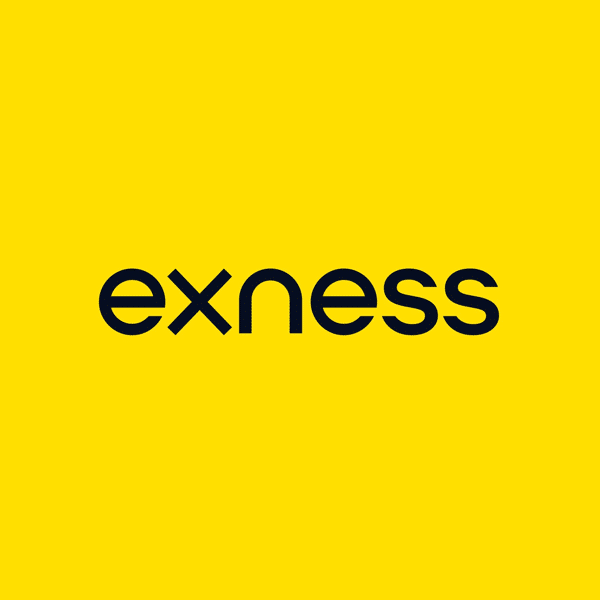
Price

Overview
Contracts for Difference (CFDs) on WTI Crude Oil allow traders to speculate on the price of West Texas Intermediate crude without owning the actual commodity or engaging in complex futures contracts. WTI is a light, sweet crude oil used as a major benchmark for U.S. oil pricing, making it a key driver in the global energy market.
WTI oil CFDs are especially popular among retail traders for their ease of access, ability to trade both long and short, and the potential for high returns through leverage. The price of USOIL CFDs generally mirrors the front-month WTI futures contract on the NYMEX, reacting sharply to U.S. crude inventory data, OPEC+ decisions, and macroeconomic developments.
For trading Crude Oil, use our Position Size Calculator to manage your lot sizes and control risk effectively.
Price Chart
Technical Details
Why Trade CFDs on WTI Crude Oil?
Speculation Access
Trade oil price movements without futures contracts
Flexible Positioning
Go long or short with ease
High Leverage
Maximize exposure with minimal capital (risk-managed)
Real-Time News Impact
Highly responsive to global economic releases
No Expiry
Unlike futures, CFDs don’t expire monthly
Pros & Cons
Advantages
- No ownership of physical oil or futures contracts
- Flexible trade sizing for both small and large accounts
- Access to high leverage on most trading platforms
- 24/5 trading aligned with global oil market hours
Disadvantages
- Exposure to overnight swap/rollover fees
- Prices influenced by futures market rollovers and news gaps
- Not suitable for long-term holding due to financing costs
- Requires close monitoring of U.S. economic and inventory data








